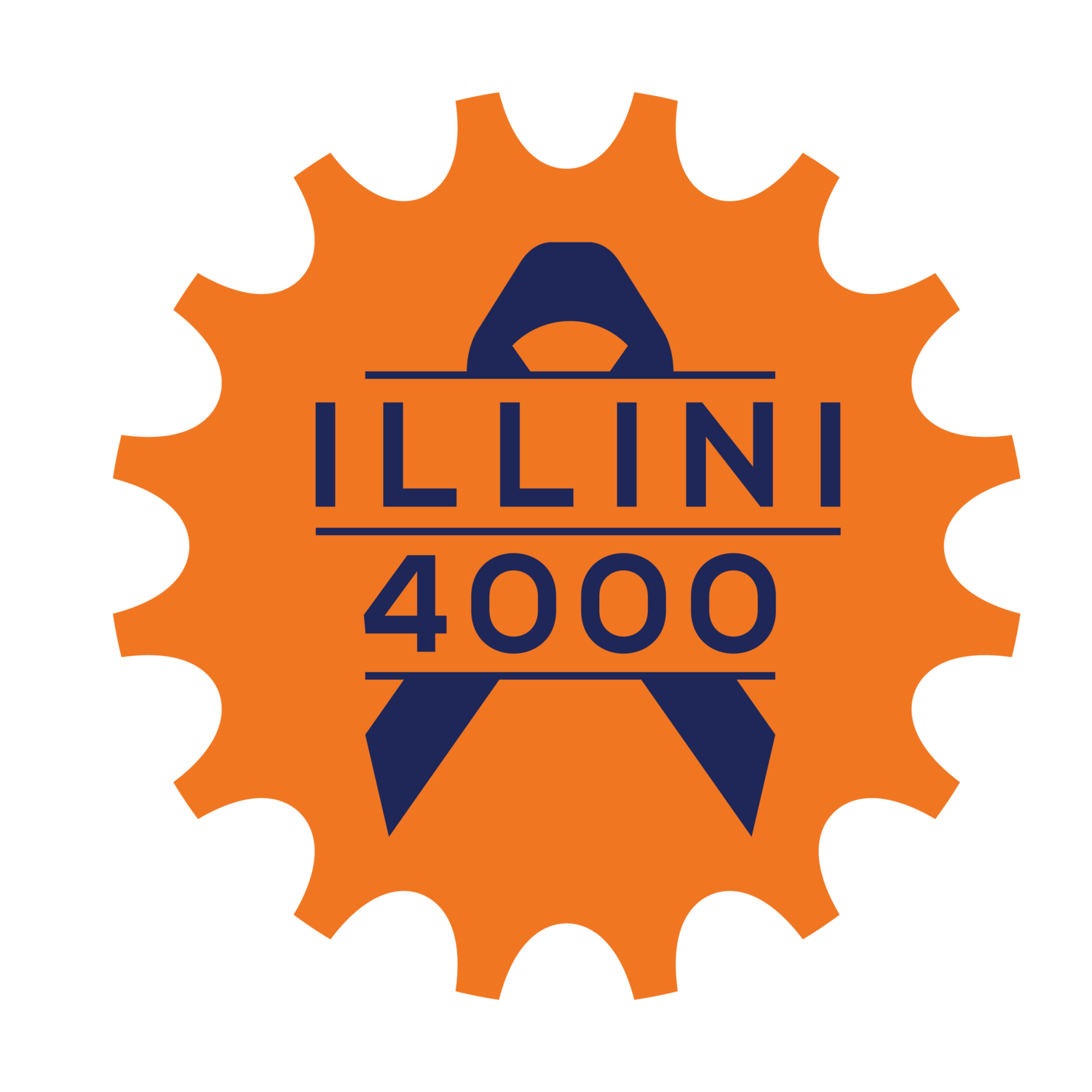Michael Bian
Hometown: Buffalo Grove, Illinois
University: Emory University
Year: Senior
Major: Neuroscience and Behavioral Biology
BIOGRAPHY
Hey, my name is Michael Bian! I’m a senior at Emory University majoring in Neuroscience and Behavioral Biology and minoring in Ethics on the pre-med track. During my time at Emory, I've played club soccer, completed a triathlon, hiked parts of the Appalachian Trail, kayaked in the Everglades, and cycled 100 miles across Georgia. Next summer, I embark on my next big adventure: I will cycle 4000 miles across the US with the Illini 4000 to raise funds for cancer research. My hobbies are very personal to me; they offer a sanctuary where I can think thoughts that are completely and utterly my own. My pursuits are scalable and progressive, and the people and places I encounter allow me to better comprehend my role within my community by enriching my understanding of self and others. In my future medical practice, I am driven to integrate these principles and embrace the power of the human connection to provide compassionate care for all my patients.
PERSONAL STATEMENT
In high school, a family friend passed from pediatric brain cancer. Her diagnosis was devastating, but the months of uncertainty leading up to it were even more so. We knew something was wrong, but the limitations of MRI technology prevented us from acting until it was too late. As I processed her loss, I wanted to use my pain to inspire progress. When I learned about the potential of machine learning algorithms to identify previously unnoticed cancer growths, I set a goal to use deep learning to make MRI interpretation of brain tumors more accurate. In college, I completed an independently funded MRI brain research project in the Wallace H. Coulter Department of Biomedical Engineering at Emory University/Georgia Tech. Through hands-on data analysis, I developed my understanding of the theories and technical aspects of machine learning. After using deep learning in a research setting, I explored the dynamic synergy between academia and industry, which turned innovative concepts into real-world solutions within a remarkably short timespan. I saw a product of this pipeline when I observed a cutting-edge MRI-guided procedure to treat Parkinson's disease. As the patient's tremors ceased before my eyes, I decided as a future physician-scientist, I would dedicate my life to developing precision guided treatments of brain diseases. These experiences were all made possible because of the generosity of those who funded my research. Participating in I4K serves as a profound full-circle moment, an opportunity to use my love of cycling to give back to the institutions that have supported my work. My journey from personal tragedy to scientific innovation and fundraising illustrates the potential for individuals to transform their grief into a force for positive change. In honor of my friend, I will reshape possibilities in brain cancer care, offering hope and healing to those who need it most.

